Are you feeling depressed all the time? Are you not enjoying your life? Do you wish that things could be different?
Are your friends are telling you that it will pass. To snap out of it. But you are wondering if you can? Are you wondering if it’s time to ask for help?
There are ways to tell if seeking help for your depression is the right thing for you.
#1 – Can you get out of bed or off the coach?
How much time do you spend on the couch or in bed? You aren’t necessarily tired but the prospect of getting up is just too daunting to face. So, you stay horizontal all day, watching Netflix and feeling like a loser.
This habit is a significant indicator of depression. People who have been diagnosed with depression tell of the great lengths they go to stay out of bed. Of stripping the sheets, taking the mattress off of the box spring and leaning it against the wall, locking the bedroom door. Whatever it takes to keep them out of bed and wallowing in their depression.
If you are feeling depressed all the time and finding that your bed is your favorite and safest place then it might definitely time to get help.
#2 – Do you still do the things you love?
Have you lost interest in doing the things that you have always loved?
Does the idea of going to school or seeing friends or going out to dinner just seem like too much to bear?
People who are feeling depressed all the isolate themselves. The energy that it takes to get out of bed and interact with others is overwhelming. So, they don’t.
Ironically, going out and doing the things that you love is a great way to alleviate depression temporarily. Unfortunately, the treatment can often seem too daunting to undertake and so people who are depressed just stay home.
If you are isolating yourself then it might definitely be time to seek help.
Read How To Stop Feeling Depressed At Night: 7 Tips That Really Work
#3 – Are you feeling hopeless and full of dread?
Do you spend much of your time running all sorts of negative thoughts through your head about how horrible your life is? What a loser you are and how no one will ever love you? Are you 100% confident that this will never change?
People who are depressed believe that all of the negative thoughts that run through their head. Unfortunately, they also believe, falsely, that it will always be this way!
The truth is is that when one is depressed things can only seem hopeless because when one’s mind is in such a bad place it’s impossible to believe that the future will be any different.
The good news is that once the depression is addressed that feeling of hopelessness can disappear completely so perhaps it’s time to get help!
Read Feeling Depressed? It Could Be SAD
#4 – Are you impatient or quick to anger?
Do you find yourself losing your patience with those you love? Do you scream at your kids if their homework doesn’t get done? Do you sneer at your husband if he asks you what is wrong? Can you not even talk to your mom anymore because her incessant questioning is just too much?
Impatience with those you love is a huge indicator of depression. The sense of the hopelessness that our condition will never change and that we are worthless makes it intolerable for us to interact with others, particularly those who love us and want the best for us.
Ironically, it is that love exactly that we need most in our life when we suffer from depression. Pushing that love away ultimately can make the depression worse.
If you are finding yourself pushing away those you love it’s time to get help.
#5 – Are you eating and sleeping?
Have you found that recently your appetite has changed? Do you find yourself indulging more than usual in Ben and Jerry’s and Oreos? Or do you find that you have no taste for food at all? Have you lost weight and find yourself listless because you aren’t eating?
Are you having trouble sleeping? Do you stay up all night watching TV or roll around in bed thinking about terrible things?
Changes in eating patterns can indicate depression. When depression goes untreated, we can self-medicate with food, often to one extreme or another. Which is not healthy and can make it all worse.
Furthermore, not sleeping will only make your depression worse. Sleep deprivation can have more of an effect on one’s health than anyone else.
If you are struggling with eating and/or sleeping then you are definitely depressed and it might be time to get treated.
Read What To Do When You’re Feeling Depressed, Isolated And Lost
Feeling depressed all the time is not good and the longer it goes untreated the worse it can get.
Unfortunately, we hate to admit to being depressed because our loved ones, and society as a whole, tend to stigmatize those with depression.
So, ask yourself if you have any of the symptoms above. If you do, seek professional help immediately. Call your primary care provider and tell her exactly how you have been feeling, using this article as a reference if you like. Treating depression is easy. Living with it is not.
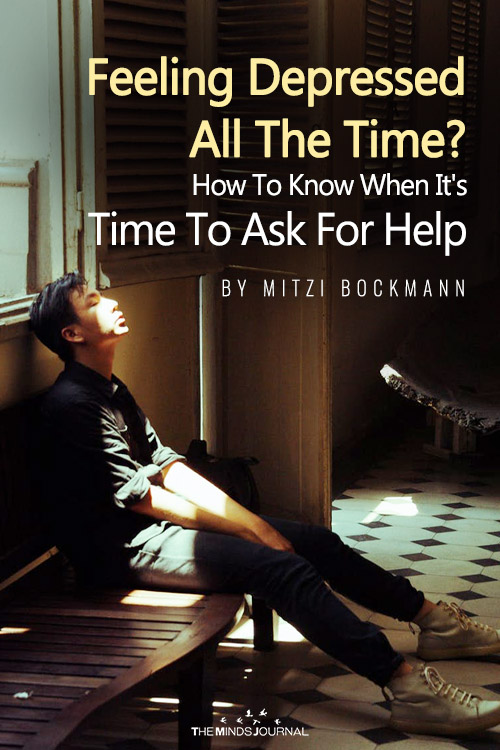
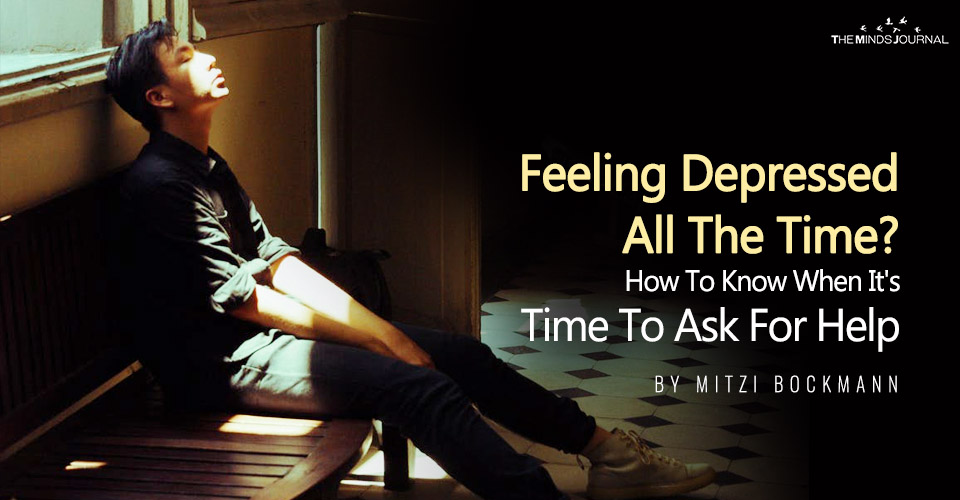

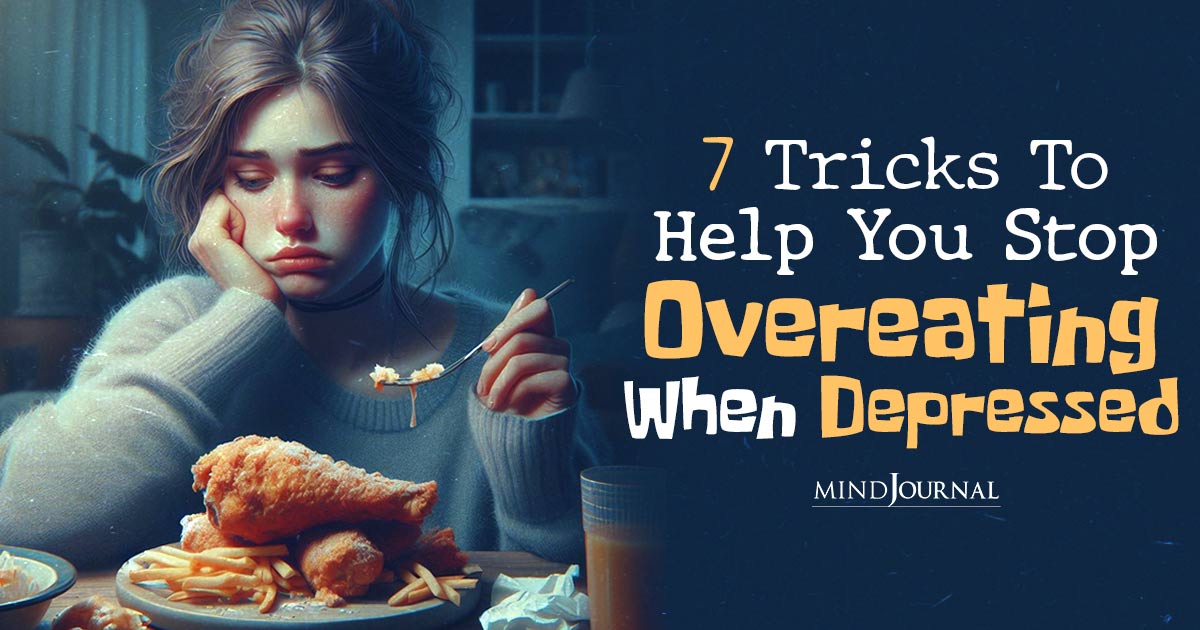
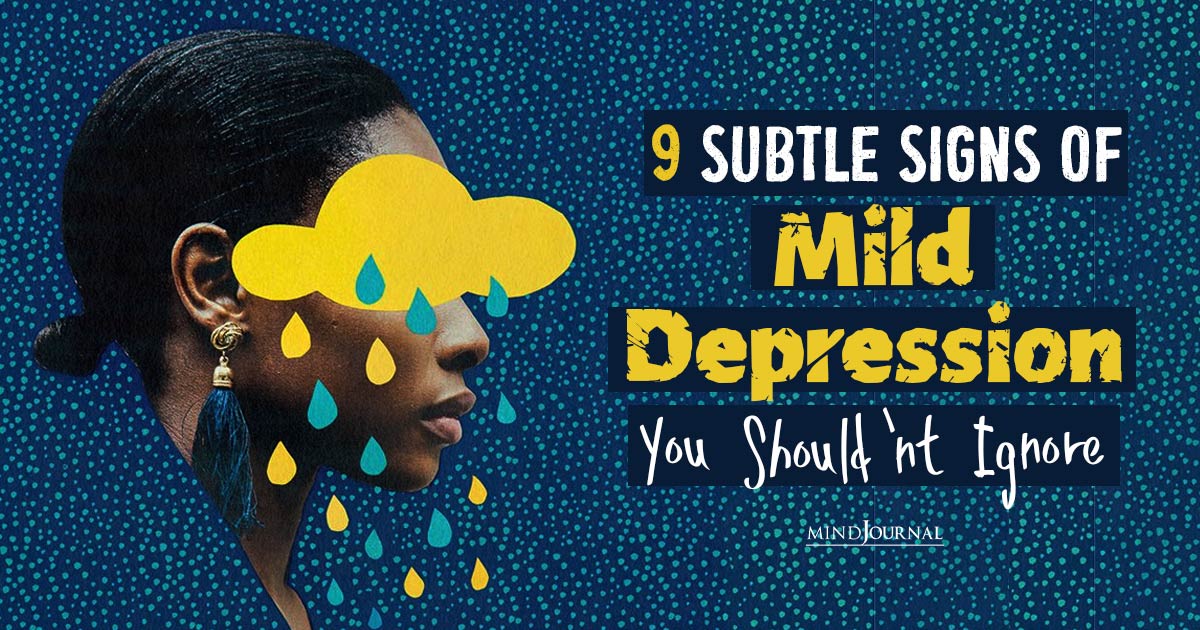
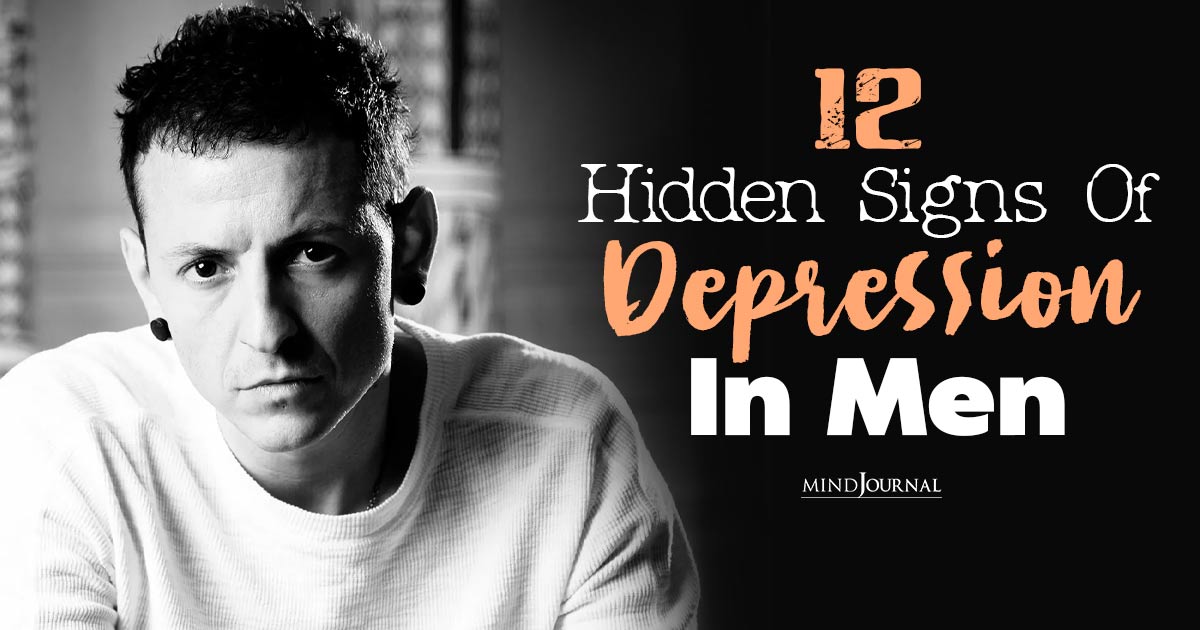
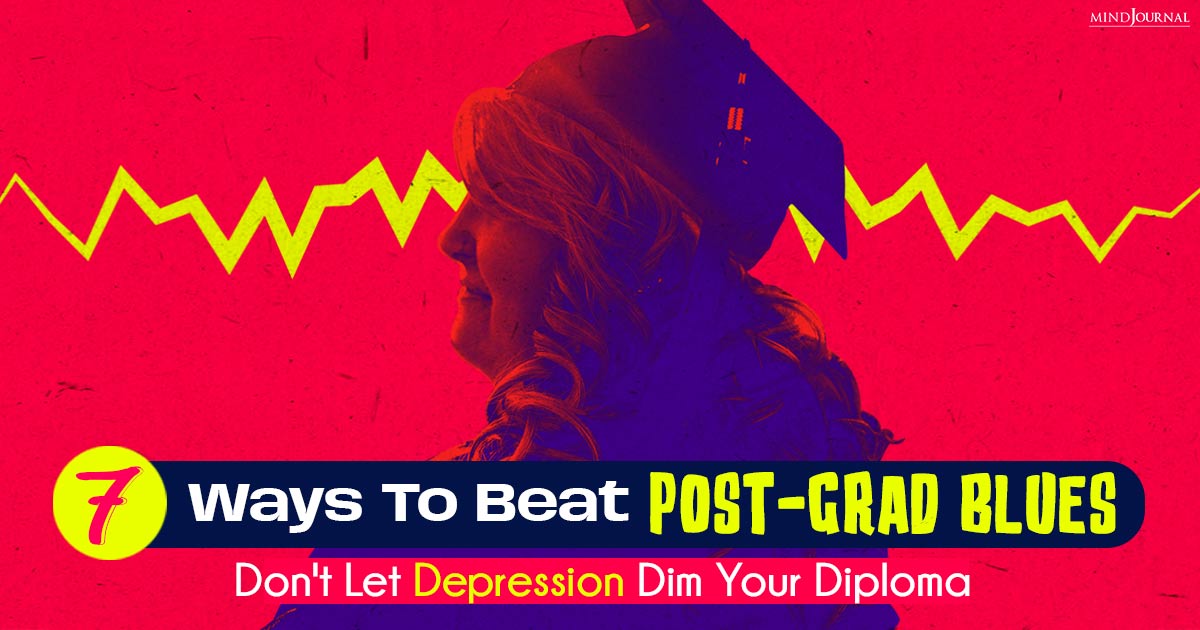
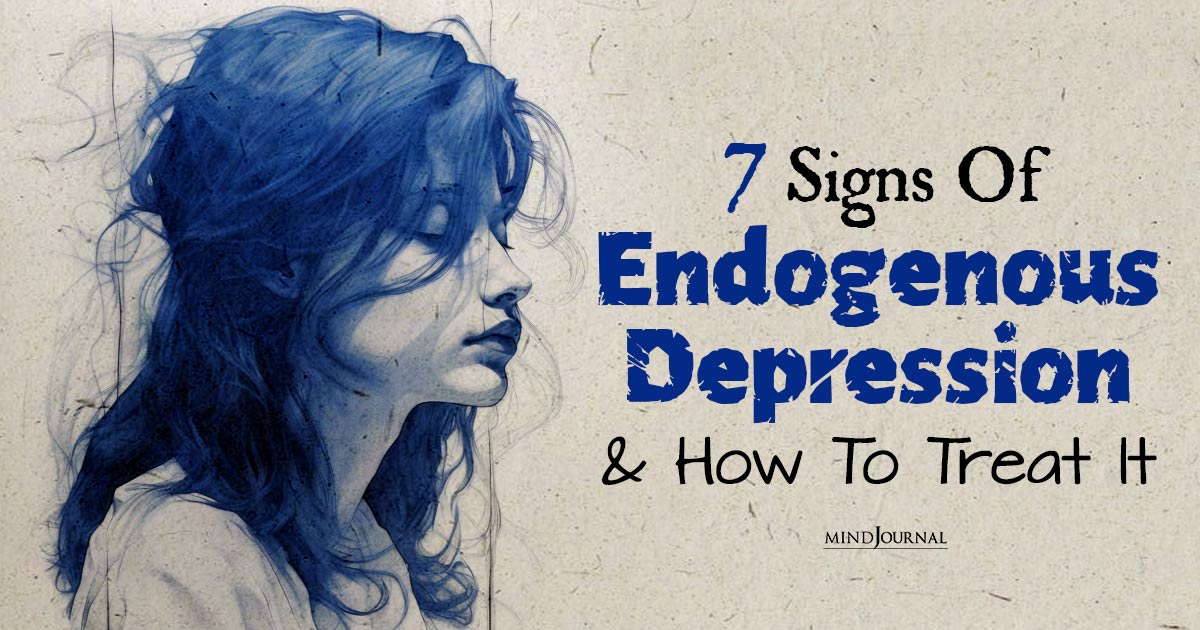
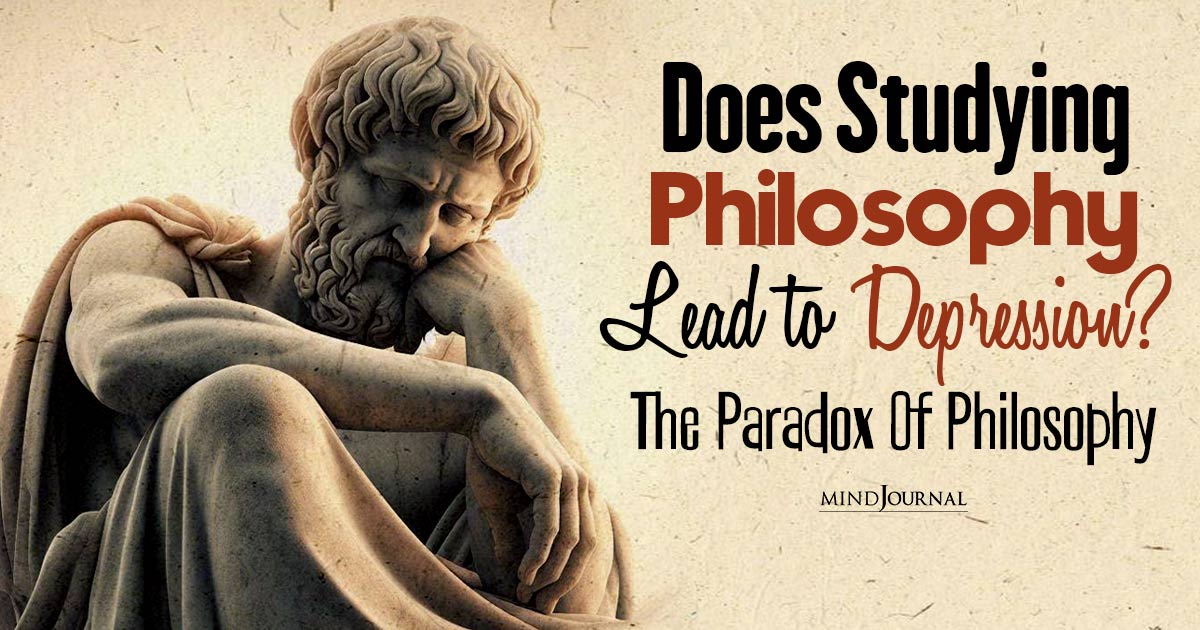
Leave a Reply
You must be logged in to post a comment.